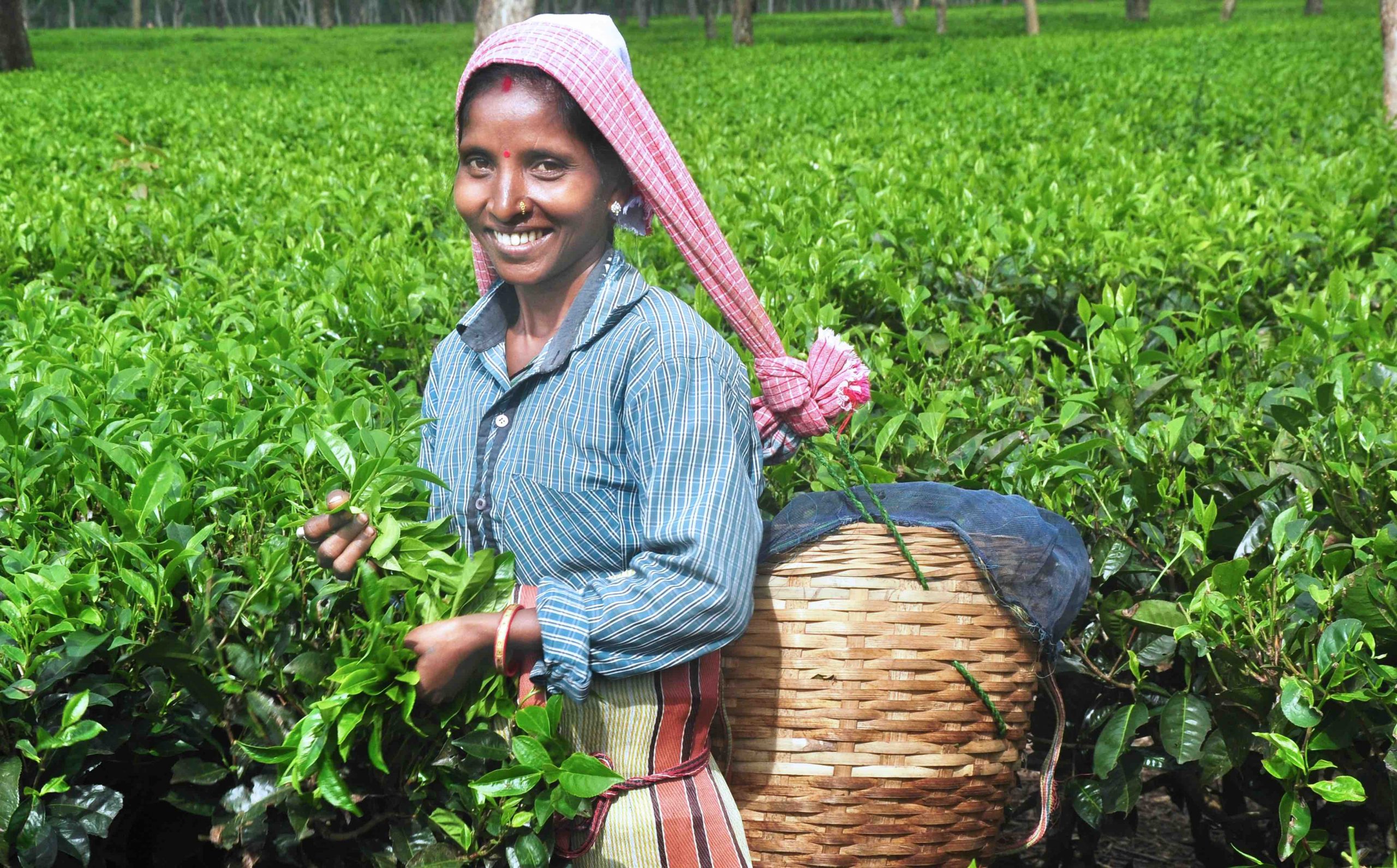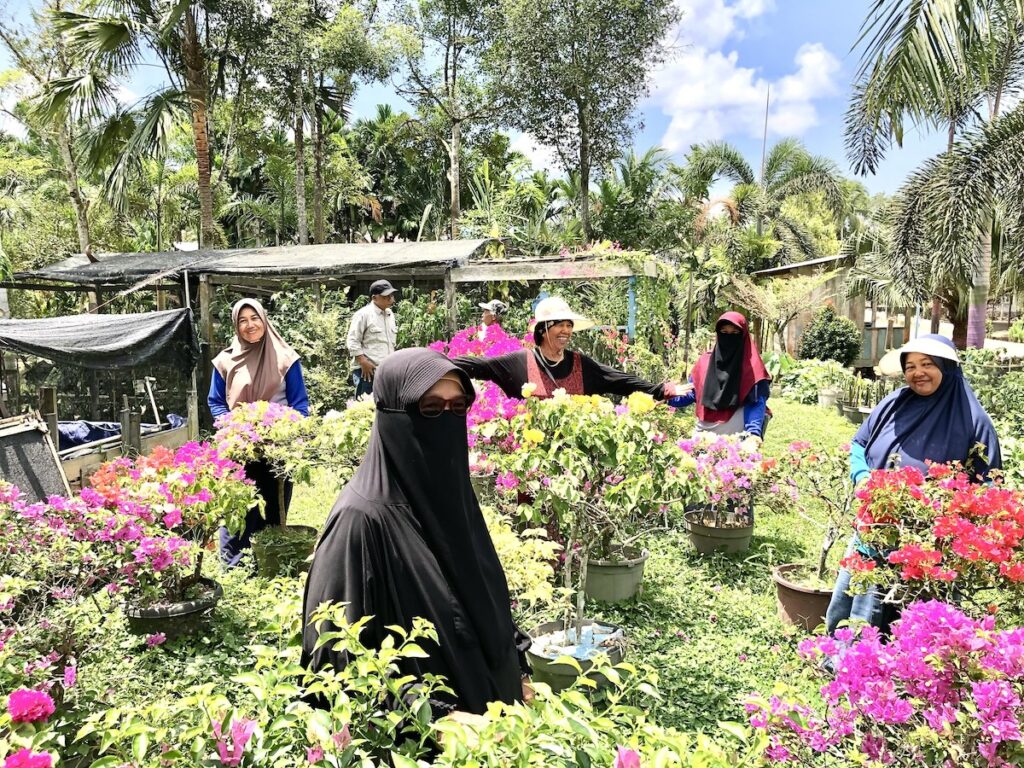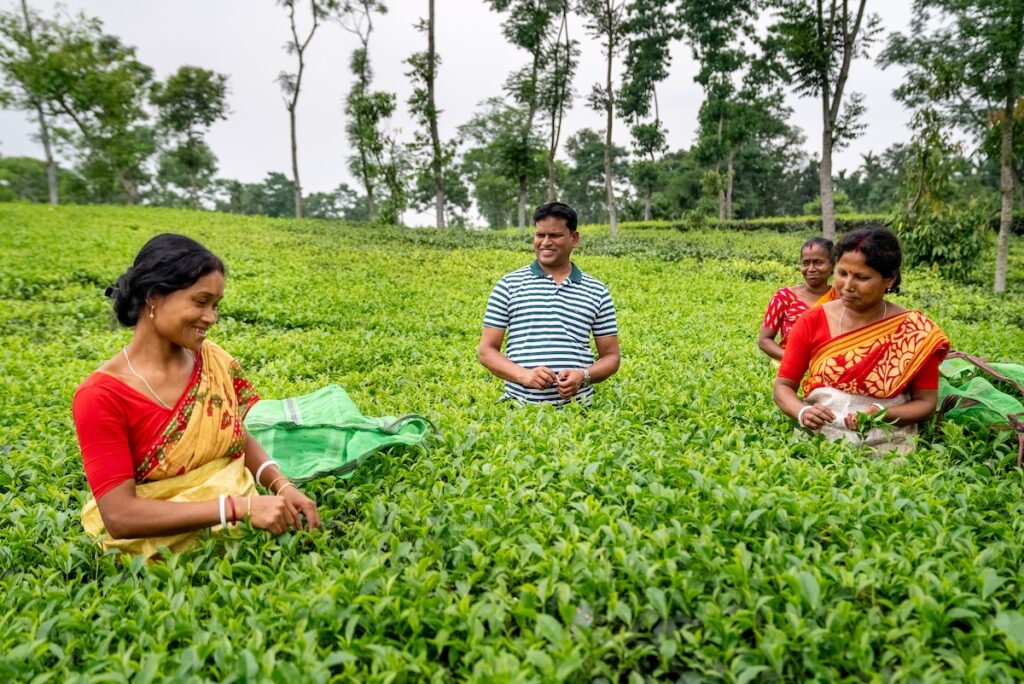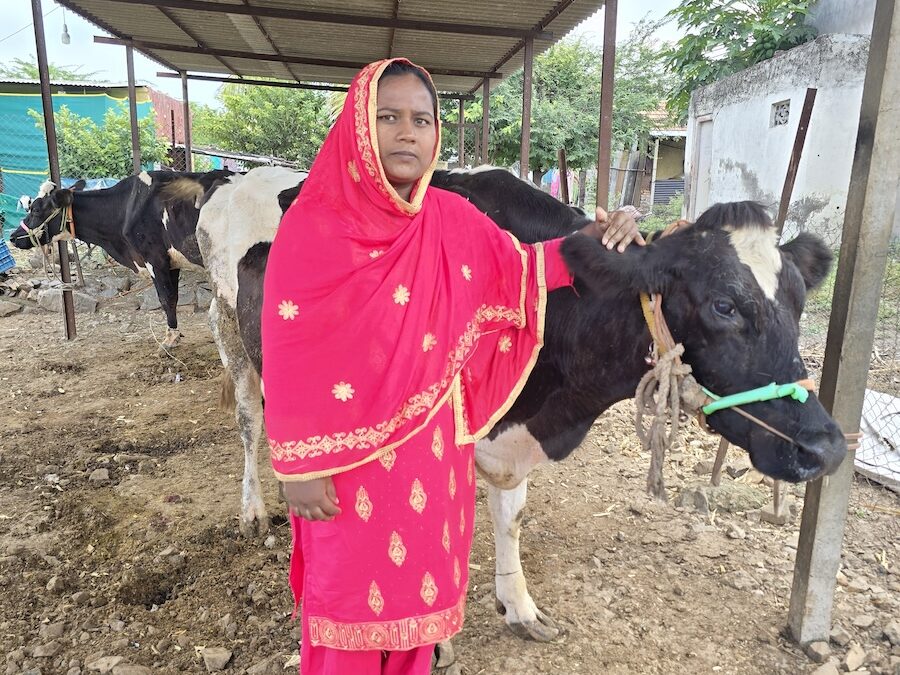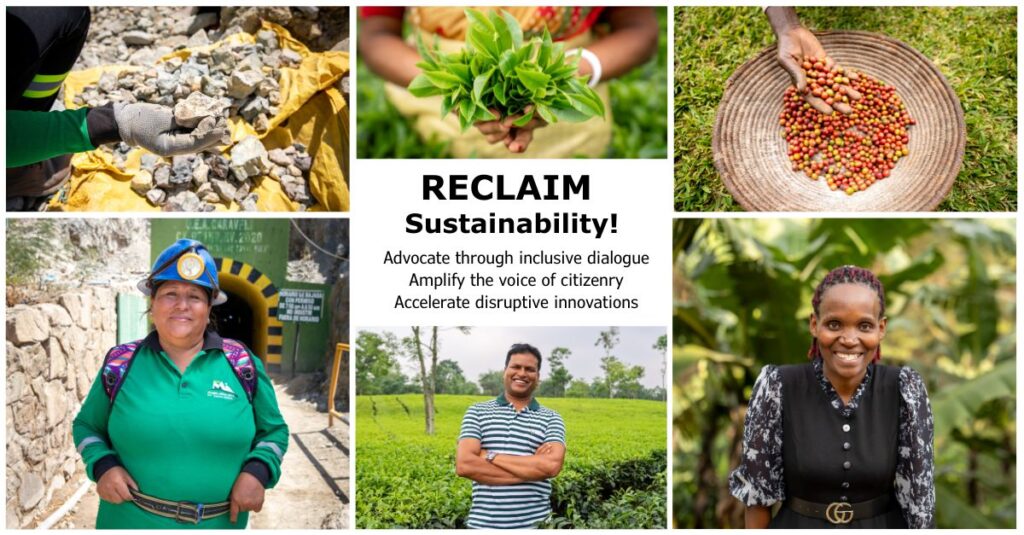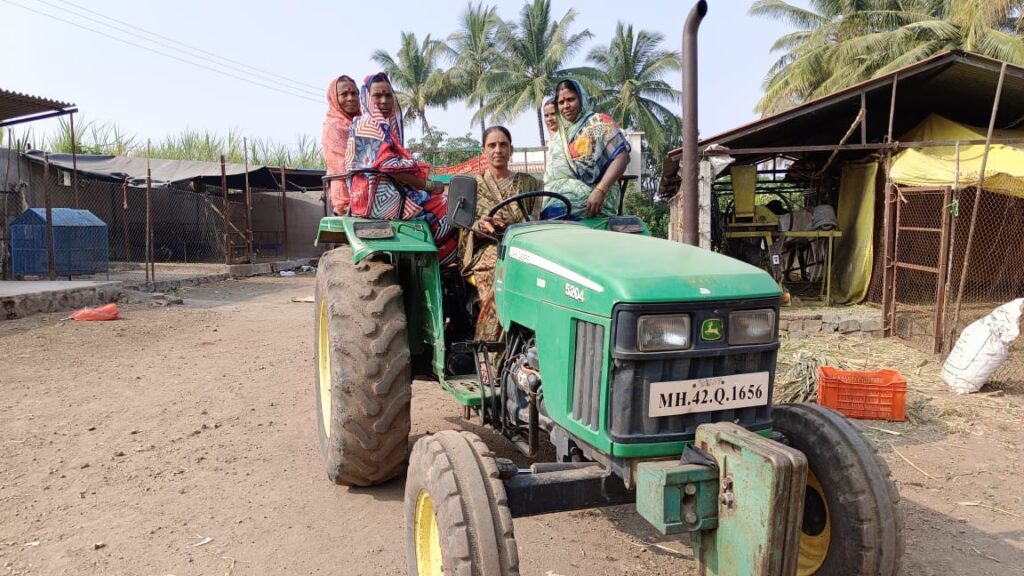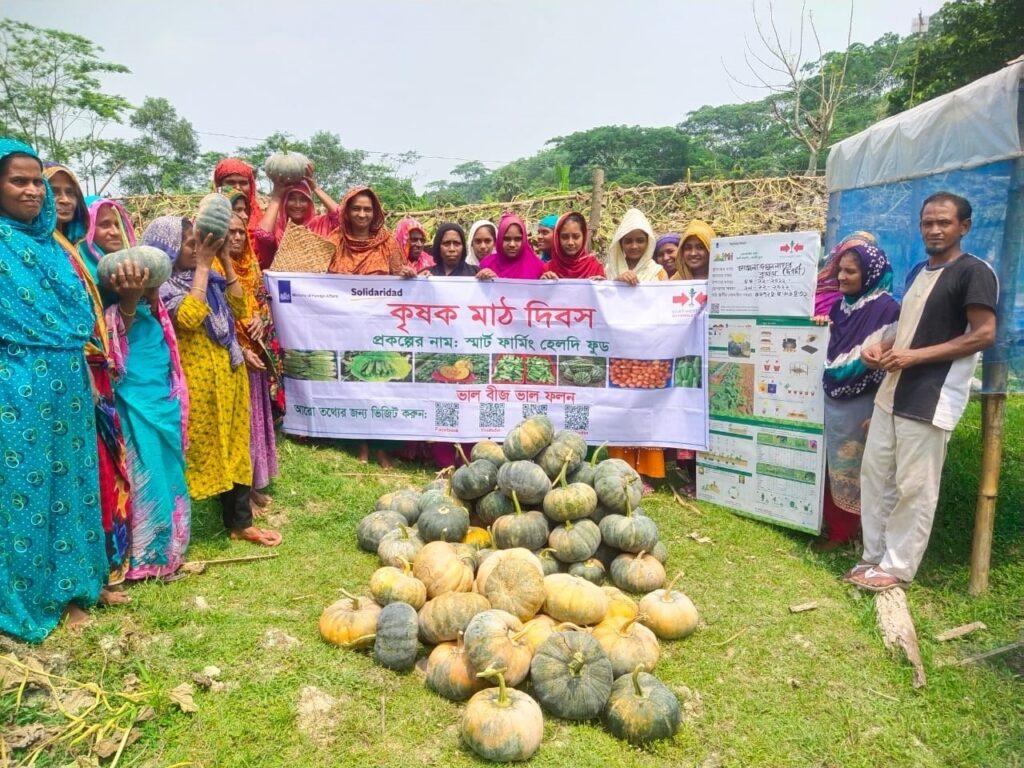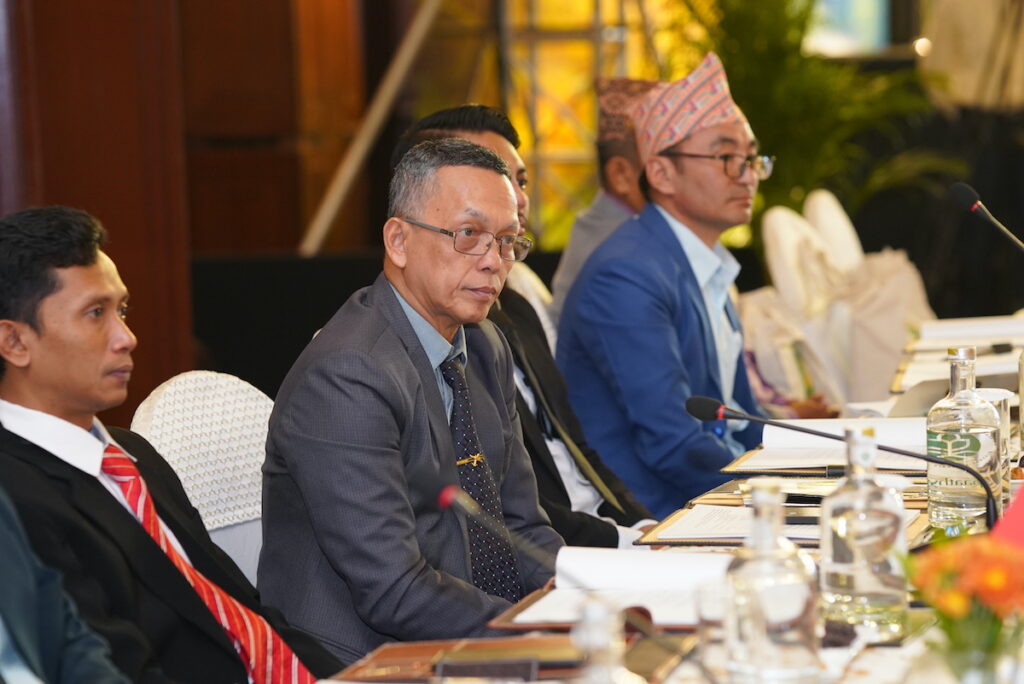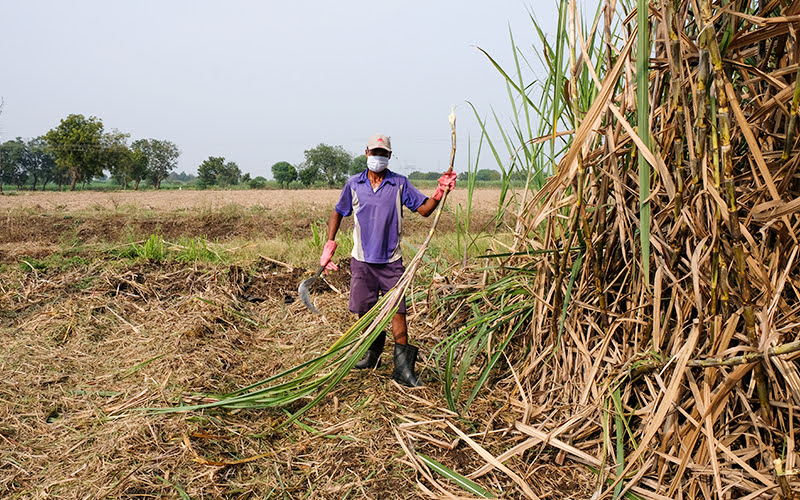In India, tea or ‘chai’, as it is locally known, is recognized as the ‘National Drink’ of the country and provides direct and indirect livelihood to millions, including the large and small tea producers. Prosperity of the tea sector in the country thus demands that the communities continue to foster an intricate and symbiotic relationship while simultaneously benefitting from the trade.
Speaking at a webinar organized to celebrate this year’s International Tea Day on May 21, Vivek Goenka, Chairman of the Indian Tea Association, said that despite the impediments induced by the pandemic and global fall in exports, the Indian Tea Association has been continuing to reach out to newer markets and sustaining the prospects of boosting exports.
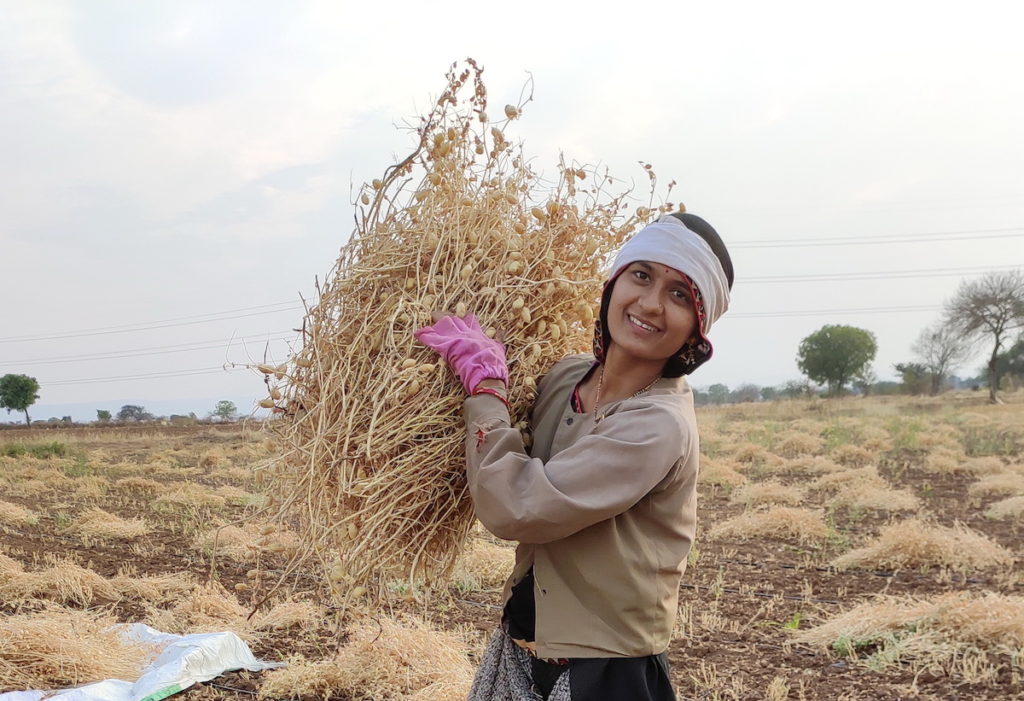
Ecoagriculture award in India
Solidaridad has been recognized with the Award for Excellence in EcoAgriculture Advocacy for its work in sustainable soy in India.
The three-hour webinar saw the Indian Tea Association (ITA), the leading and premier association of tea producers in the country, reaching out to tea lovers worldwide and brainstorming on “Sustainability – Way Forward for Inclusive Development” and “Indian Tea – A Leading global beverage.” There were experts both from the government and other sectors and marketing experts covering the US, UK, Russia, Malaysia, Egypt among others.
Nayantara Palchoudhuri, Vice-Chairperson, ITA, said that the industry’s commitment to ethically produced teas that are aligned to the UN Sustainable Developmental Goals is unwavering. Sustainability challenges, however, must be addressed collectively by all stakeholders to keep the industry viable.
She mentioned that the sustainability vision is about striving for a fair price for Indian tea, promote domestic consumption and increase footprints through exports.
All for Sustainable Tea
Dr. Shatadru Chattopadhayay, Managing Director Solidaridad Asia, spoke on TRINITEA, describing it as “a product of sustainability for the new decade.”
“It is owned by the tea industry through Indian Tea Association and is already recognized by different countries.”
TRINITEA is a new-age sustainability standard, tailor-made for the small tea growers of India. It is a digital, self-assurance model that serves to help assess on-farm sustainability and support small tea producers with good agricultural practices.
Dr. Shatadru Chattopadhayay, Managing Director Solidaridad Asia
He mentioned that TRINITEA is a platform that brings together small tea growers and large producers, vouches for quality and food safety of green leaves and made tea, has a digital traceability framework and provides a trading support model—from producers to the market.
Bijoy Gopal Chakraborty, President of Confederation of Small Tea Growers Association, reiterated that traceability is the one of the most useful features and the biggest advantage of TRINITEA.
Chakraborty said the TRINITEA programme has also created a robust awareness in climate-smart environment-friendly cultivation and traceability among the small tea growers. “The TRINITEA team have been working dedicatedly to increase awareness about sustainable tea production among the small tea growers,” he mentioned. He also pointed out, “better branding for the small tea growers is the need of the hour.”
On social and health issues, Dr. Madhulika Jonathan, Chief of UNICEF Assam and North East India, spoke on the collective efforts made by UNICEF and the tea garden management, which has led to improvement in the health status of the workers. Dr. J.B. Ekka, Principal Secretary, Labour & Welfare Dept Assam government, also mentioned that the tea garden managements need to take all steps in view of the rising Covid-19 cases.
Global Perspective
Giving an overview of sustainability concerns in overseas markets, Will Battle, Managing Director Fine Tea Merchants Ltd, UK, said that different markets have different views and in Germany, a major concern is surrounding the chemical residues. He emphasized that companies that are transparent about their supply chain are in a better position in the UK and EU continent consumer market.
Dr. Bärbel Weiligmann, Senior Advisor for Workforce Nutrition (GAIN); Rathin Chatterjee, Consulting Chartered Engineer RNC Consultancy Services and Kirtiman Awasthi, Senior Policy Advisor, Climate Change, GIZ India, spoke on the issue of climate change.
In the second session on “Indian Tea – A Leading Global Beverage,” panelists spoke about the export prospects. ITA chairman, Mr Vivek Goenka, said the industry has set an export target of 300 million kg by 2023 and has sufficient tea to cater to both domestic and export markets.
“India produces wide varieties of tea, which caters to its vast domestic need as well as services the global market. It has sufficient surplus tea to service export markets at all price points. It has sufficient EU, Codex, etc. compliant teas to service the global market,” he said. The panelists in the second session comprised Peter F. Goggi, President Tea Association of the USA; Ramaz Chanturiya, Director, Rustea Coffee Association Russia; Liew Choon Kong, President, Tea Trade Association of Malaysia; Yahya Beyad, Chairman.

